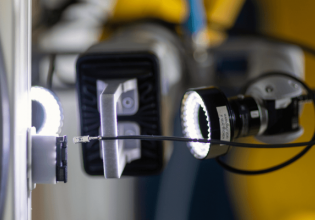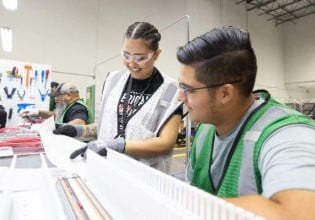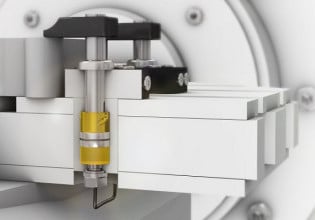A
Hi All,
Can Wonderware or Citect be used to develop a point of sale application for retail shops? If not, is there any software or vendor you would recommend for such applications? You can contact me at xcsaal @ yahoo. com
Thanks in advance.
Can Wonderware or Citect be used to develop a point of sale application for retail shops? If not, is there any software or vendor you would recommend for such applications? You can contact me at xcsaal @ yahoo. com
Thanks in advance.






